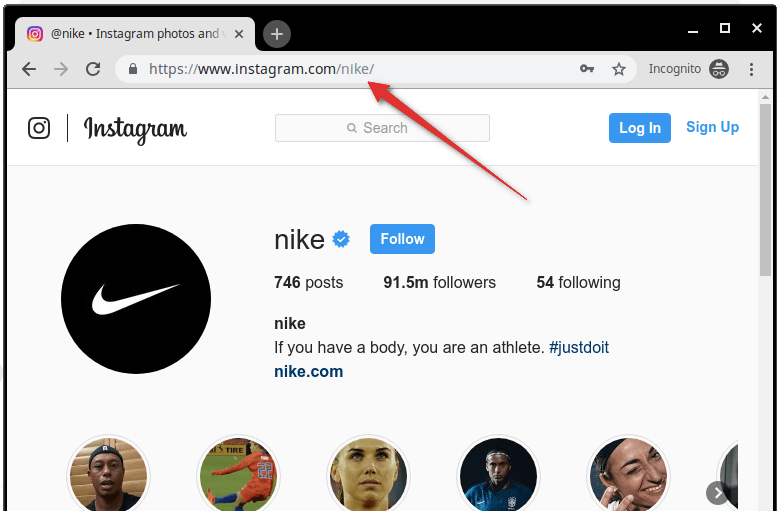Software Development
How to Develop secure smart contracts: 5 best practices and tips
Blockchain technology continues to evolve and the potential of smart contracts is increasing. Smart contracts are self-executing and can enforce the terms of an agreement without the need for a third party. This technology is used in many industries, so smart contract development services are as relevant as ever. In this article, we will look at aspects ерфе should be taken into account when developing secure smart contracts.
The importance of security for smart contracts
Smart contracts are often used to conduct transactions for large amounts of money. And therefore, it is extremely important that they are designed safely and that they cannot be counterfeited.
If the smart contract is hacked, the funds could be stolen or redirected to an unintended recipient. This can cause serious financial damage to the parties involved.
Risks associated with smart contracts
Smart contracts have many benefits, but they also come with some risks. One of the biggest risks is that smart contracts are immutable and cannot be changed once they are deployed. This means that if a smart contract fails after release, it cannot be fixed.
Let’s look at some of the risks associated with smart contracts:
- indirect execution of unknown code;
- redundant transaction records;
- miscalculations with the number of output tokens;
- dependence on the order of transaction execution;
- incorrect exception handling.
How to secure your smart contract:
- follow the best practices when coding a smart contract;
- thoroughly test your code before deploying it;
- perform smart contract audits;
- perform static code analysis and penetration testing;
- use automated tools, scanners, and debuggers.
Best practices for creating secure smart contracts
Let’s figure out how specialists create secure smart contracts:
- Use a thorough testing process. It is important to thoroughly test your smart contracts before deploying them. This includes security and functional testing.
- Deploy and test them on a testnet. Before uploading a smart contract to the mainnet, you should always deploy your smart contracts to the testnet first. This will allow you to catch any bugs or bugs before they cause any damage or undesirable actions.
- Use the Solidity compiler with debugging capabilities. When writing smart contracts in Solidity, it is important to use a good compiler. A quality compiler will help you detect any bugs in your code and keep your contracts safe and secure, and it will also help you find any bugs in your code.
- Add exception handling to functions. All functions in your smart contract must have exception handling. This will help prevent any unforeseen errors that could damage your contract.
- Use secure libraries. When using a library, it is important to ensure that it comes from a trusted source. You should also check the library code to make sure it’s safe.
- Deploy them on a testnet first. It is very important to test your contracts on the testnet before launching them on the mainnet. This should allow you to spot any flaws or faults before they become a major problem.
- Review the code (static code analysis). Always check the smart contract code to find unsafe coding practices, bugs, and bugs. This will help you understand how the smart contract works, as well as identify any coding errors.
- Use testing tools.
- Check for known vulnerabilities. The SWC registry records any known vulnerabilities that persist. When testing, start with the weaknesses listed there and tests for each.
- Perform penetration testing. Once your smart contract is ready for deployment, perform penetration testing. This can help you find vulnerabilities that can only be discovered while the smart contract is running.
Why is it important to audit the Security of Smart Contracts?
A smart contract audit is a process of examining the code of a smart contract in order to find and eliminate errors, and vulnerabilities, and to make sure that the code meets security requirements.
The audit of smart contracts is carried out according to a predetermined plan, it may differ slightly for different audit companies. Consider the main stages of the audit:
- Data collection.
In order to understand the tasks of the project and the auditors study the architecture of the smart contract and collect the code specifications. To ensure guaranteed integration of third-party
- Running tests.
Auditors conduct project testing to analyze each function of the smart contract. In the process, auditors use a variety of tools, including manual and automated ones. This guarantees the verification of all smart contract code.
- Choosing an audit type.
Because manual auditing is more efficient, auditors often audit smart contracts without software. This technique allows you to identify vulnerabilities to preemptive attacks.
- Initial audit report.
After the audit is completed, specialists form a preliminary report. This allows the project team to correct the errors found. Some companies provide services to eliminate the vulnerabilities found.
- Final audit report.
After the errors are corrected, a final report is generated, which takes into account all the steps that were taken to solve the problems.
How to choose a Smart Contract Auditor?
When looking for a smart contract auditor for your project, we recommend that you evaluate the portfolio of projects that the company has already worked with. This will allow you not only to learn about the experience of the company but also to analyze projects that have requested the services of an auditor.
Most companies tend to offer smart contract audit services on Ethereum. Only a few companies have case studies on working with solutions such as Solana, Polygon, BNB Chain, etc. All available solutions have different underlying architectures, and Solana and NEAR, for example, even use a completely different programming language, such as Rust.
So, different companies will specialize in different audit protocols that are based on a particular blockchain. We recommend evaluating the company’s specialization before starting cooperation. Before engaging a company in an audit, you need to find out if the company has ever audited the smart contract technology you need.
Final thoughts
The development of secure smart contracts is important for anyone who wants to use this technology. If you need help developing secure smart contracts as well as auditing, WarmDevs is a great choice. WarmDevs is a smart contracts development company that uses Solidity and Ethereum, aside from other tools.
-

 Marketing Tips16 hours ago
Marketing Tips16 hours agoWhat is my Instagram URL? How to Find & Copy Address [Guide on Desktop or Mobile]
-

 Business Imprint2 days ago
Business Imprint2 days agoAbout Apple Employee and Friends&Family Discount in 2024
-

 App Development2 days ago
App Development2 days agoHow to Unlist your Phone Number from GetContact
-

 News3 days ago
News3 days agoOpen-Source GPT-3/4 LLM Alternatives to Try in 2024
-

 Crawling and Scraping3 days ago
Crawling and Scraping3 days agoComparison of Open Source Web Crawlers for Data Mining and Web Scraping: Pros&Cons
-

 Grow Your Business16 hours ago
Grow Your Business16 hours agoBest Instagram-like Apps and their Features
-

 Grow Your Business3 days ago
Grow Your Business3 days agoHow to Become a Prompt Engineer in 2024
-
Marketing Tips16 hours ago
B2B Instagram Statistics in 2024








